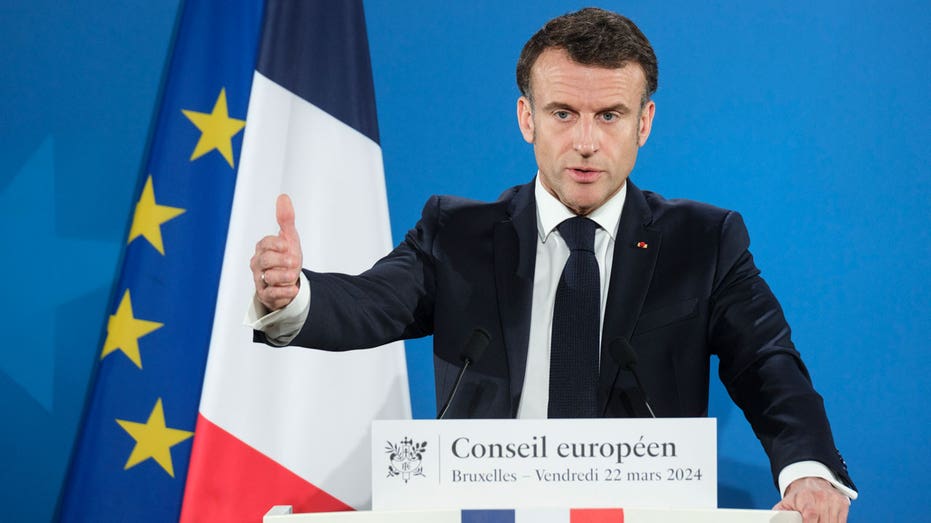French Report Labels Muslim Brotherhood as Threat Amid Ted Cruz Push for U.S. Terror Designation
Texas Sen. Ted Cruz reintroduces bill to designate Muslim Brotherhood following French report highlighting threat

French President Emmanuel Macron has instructed his cabinet to formulate targeted responses following a newly completed, government-commissioned report that identifies the Muslim Brotherhood as a significant threat to France’s societal fabric and core republican institutions. While the full contents of this sensitive report will not be made public, it is understood that authorities believe the organization is engaged in a long-term, covert campaign to undermine secularism—a principle at the heart of the French Republic.
According to officials familiar with the findings, the report details how the Muslim Brotherhood and its affiliates utilize local government structures, educational institutions, and religious centers—including mosques—to influence national discourse on key issues such as gender equality and religious neutrality. The analysis emphasizes that, despite the lack of direct violent action, the scope and persistence of these alleged activities represent an insidious danger to the cohesion and stability of the French state.
The French government’s concerns are echoed by external security analysts who maintain that much of the Brotherhood’s strategy involves ambiguity and indirect influence. "The Muslim Brotherhood is one of the most influential organizations in the entire Islamic world," noted one senior analyst. He added that the organization’s intentions have been relatively transparent, even as their network of associations across Europe remains difficult to chart due to "a mixture of open association and clandestine connections."
France’s internal security services reportedly view the group Muslims of France as the official branch of the Muslim Brotherhood in the country, although this characterization is disputed by the group itself, which called such claims "unfounded." Analysts point out that this kind of dispute only adds to the complexity faced by both law enforcement and policymakers, who must rely on intelligence that is often nuanced and contested.
Government officials say this new assessment comes amid broader efforts to combat extremist influence in French society, including strict new regulations curtailing the appointment of foreign clerics to domestic religious posts. These measures are part of a wider crackdown aiming to preserve the republic’s secular traditions and prevent the growth of parallel social structures within minority communities.
The reverberations from this report extend well beyond France. In recent years, several nations—including Egypt, Jordan, Russia, and Saudi Arabia—have moved to ban or restrict the activities of the Muslim Brotherhood, citing similar concerns over its potential to disrupt public order and promote sectarian divides. Meanwhile, in the United States, legislative efforts are gaining steam to officially designate the Brotherhood as a terrorist organization, a move supporters believe would deter its organizing and fundraising activities on American soil.
As countries across Europe and beyond grapple with the delicate balance between religious freedom and national security, France’s response to the findings of this report is likely to be watched closely by allied governments and security agencies. President Macron has made clear that preserving the nation’s secular and republican character is a top priority, and further policy initiatives are expected in the coming months.




